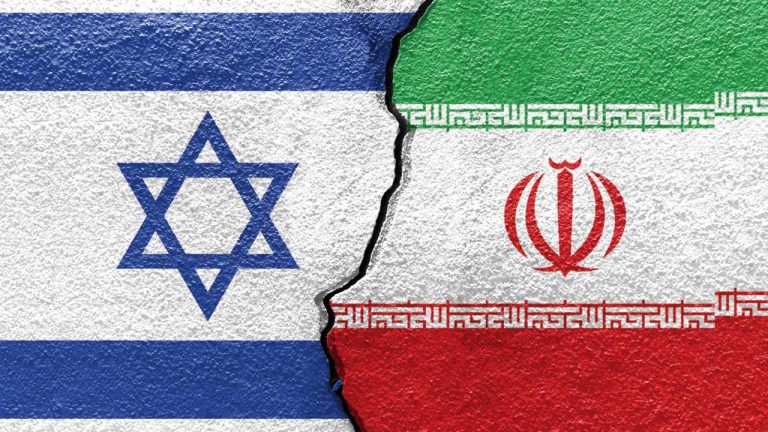
Bloomberg’s economists have warned that a direct war between Iran and Israel could trigger a global recession. “Soaring oil prices and plunging risk assets would deal a substantial blow to growth, and take inflation a notch higher,” they said. “The wider the conflict spreads, the more its impact becomes global rather than regional.”
Economists Warn of Global Recession Triggered by Middle East War
Bloomberg’s economists outlined how the war in the Middle East could tip the world economy into a global recession in an article published last week. The article has three authors, including Ziad Daoud, the chief emerging markets economist for Bloomberg Economics, and Ziad Daoud, Bloomberg’s global economist.
They explained that the conflict between Israel and Hamas “has the potential to disrupt the world economy — and even tip it into recession if more countries are drawn in.” Emphasizing, “That risk is real,” the economists detailed:
A sharper escalation could bring Israel into direct conflict with Iran, a supplier of arms and money to Hamas, which the U.S. and the European Union have designated a terrorist group.
“In that scenario, Bloomberg Economics estimates oil prices could soar to $150 a barrel and global growth drop to 1.7% — a recession that takes about $1 trillion off world output,” they added.
“Today’s world economy looks vulnerable. It’s still recovering from a bout of inflation exacerbated by Russia’s invasion of Ukraine last year. Another war in an energy-producing region could rekindle inflation. Broader consequences could extend from renewed unrest in the Arab world to next year’s presidential election in the U.S., where gasoline prices are key to voter sentiment,” the economists opined.
Bloomberg Economics conducted an analysis to assess the potential effects on global growth and inflation under three different scenarios. The first scenario envisions hostilities mainly within Gaza and Israel. In the second scenario, the conflict expands into neighboring nations like Lebanon and Syria, “essentially turning it into a proxy war between Israel and Iran,” the economists said. The third scenario involves an escalation into a direct war between the two regional enemies, Israel and Iran.
The economists stressed:
Direct conflict between Iran and Israel is a low probability scenario, but a dangerous one. It could be the trigger for a global recession. Soaring oil prices and plunging risk assets would deal a substantial blow to growth, and take inflation a notch higher.
“In all these cases, the direction is the same — more expensive oil, higher inflation, and slower growth — but the magnitude is different. The wider the conflict spreads, the more its impact becomes global rather than regional,” they concluded.
What do you think about the warnings by Bloomberg’s economists regarding a global recession? Let us know in the comments section below.
#Economics, #Economy, #GlobalRecession, #Iran, #Israel, #War